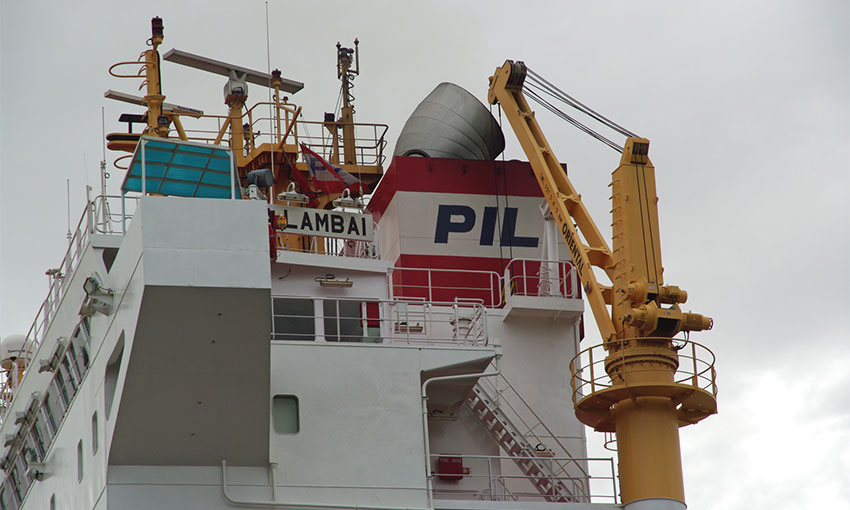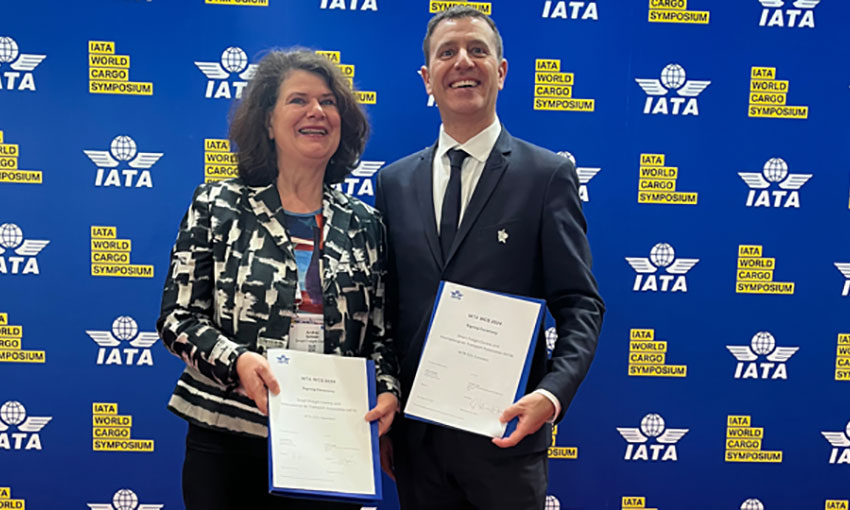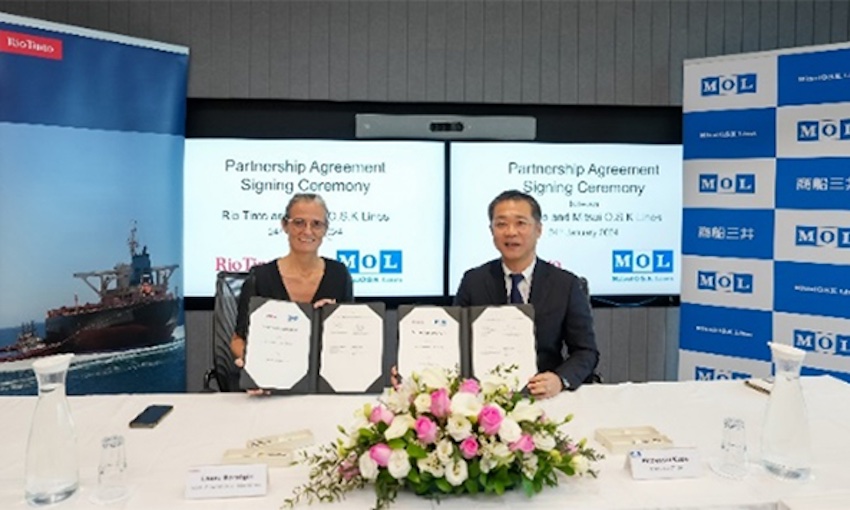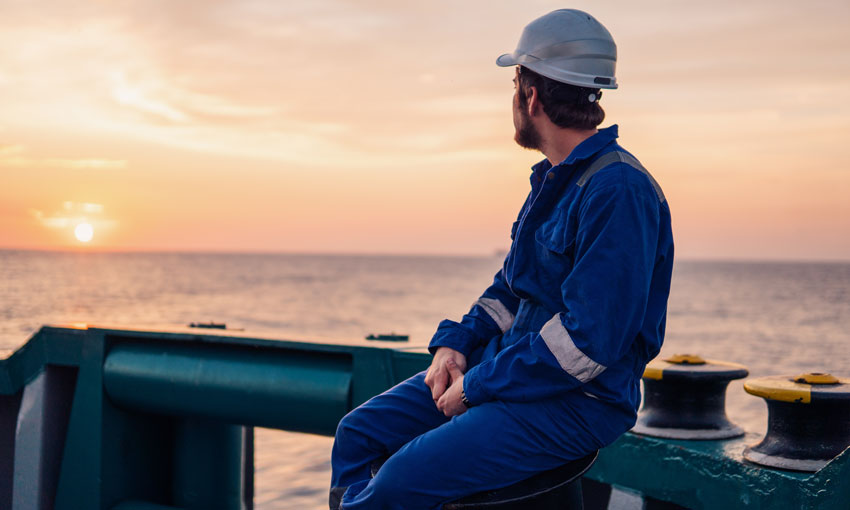INDUSTRY leaders and government representatives have established a taskforce to co-ordinate the shipping industry’s decarbonisation efforts.
The taskforce was set up at the Shaping the Future of Shipping Summit in London, hosted by the International Chamber of Shipping.
Modelled after the initial summit at COP26, the event brought together shipowners, port representatives, finance firms, technology providers and energy companies, as well as development finance institutions and energy ministers.
The ICS said attendees confronted decarbonisation issues and outlined urgent actions to accelerate the industry’s transition to green fuels and technologies.
The most significant outcome of talks was the proposal of the Clean Energy Marine Hubs Initiative, which could potentially be launched at an upcoming Clean Energy Ministerial meeting in September.
The marine hubs are expected to operate as cross-sectoral platforms which will facilitate the development of clean fuels for shipping and global transport.
The ICS said the global hubs platform is expected to develop stronger cross-sector collaboration between the energy sector and the maritime value chain.
ICS secretary general Guy Platten said COP26 highlighted that the “future fuels conundrum” was the key roadblock to decarbonisation in shipping.
“Energy producers won’t invest without off-takers and shipowners don’t know where to invest if they can’t be sure of fuel supplies,” Mr Platten said.
“What COP also showed is that there is too much stovepipe thinking. The solutions are going to be multi-sectoral, and we need to have a much stronger collaboration with energy producers and the entire maritime value chain if we are to break the logjam.”
Mr Platten said the summit demonstrated there is “real ambition” to collaborate and develop practical solutions at an accelerated pace.
“With stakeholders across the fuel production and transportation value chain will now work together to remove bottlenecks and de-risk green investments, we can power shipping’s rapid transition through commercial scale up and wide-spread deployment of green fuels.”
Delegates also agreed to prioritise research and development strategies for low and zero-carbon fuels and technologies.
The agreement closely follows the International Maritime Organization’s reported rejection of an ICS proposal to set up a R&D fund for decarbonisation projects across the industry.
Dan Dorner, head of the clean energy ministerial secretariat, said cross-sectorial and government collaboration will be critical to the industry’s energy transition.
“We are acutely aware that shipping is at the heart of the global trade and use of energy, and therefore the world’s net-zero targets cannot be met without an involvement of this sector in the clean energy transition,” Mr Dorner said.
“The clean energy marine hubs offer promise to bring together all the key stakeholders to enable the transformation of the marine sectors and we welcome the proposal.”
Patrick Verhoeven, managing director of the International Association of Ports and Harbours, said the global port community has a responsibility to offer refuelling hubs for maritime transport.
“[The port community] also has a great opportunity to facilitate the trade of green fuels,” Mr Verhoeven said.
“No one industry can achieve the world’s decarbonisation goals independently; platforms such as this which promise to bring us together will be crucial to making those goals a reality.”





